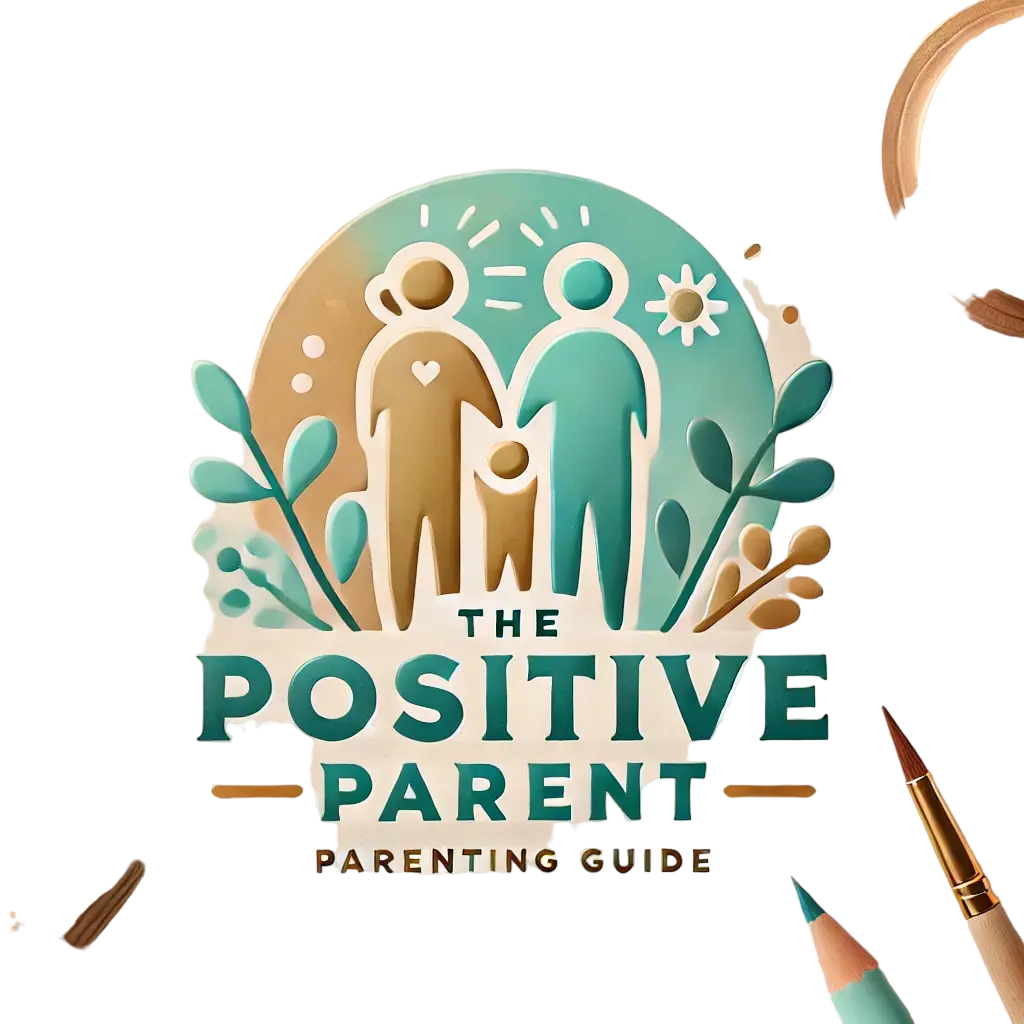How to Manage Your Child’s Behavior Without Punishment
Category
Categories

Title: Guiding Right: How to Manage Your Child’s Behavior Without Punishment.
Introduction:
Being a parent is a constant process of teaching, learning, and evolving with the child. In this journey, we often come across challenging behavioral patterns that our children display, and as parents, our instinct is to correct, redirect and sometimes even resort to punishment.
But what if we flipped the script and chose not to punish, but to empathetically guide their behavior in constructive ways? It may sound hard to fathom, but it’s a practical and effective approach that can result in a healthier relationship with your child, more adaptive behaviors, and an array of emotional and regulatory skills.
Segway into the Heart:
1. Understanding Child Behavior:
To start transforming your child’s behavior without resorting to punishments, first understand the “why” behind the child’s actions. Children’s actions often reflect their emotional state or an attempt to communicate their thoughts and fears. Understanding their sentiments helps us design the right approach towards them.
2. Positive Reinforcement:
Positive reinforcement involves rewarding the behavior you want to see more often. By consistently appreciating and acknowledging their good deeds, children are likely to repeat them. Keep terms of positivity like “Well done” and “Proud of you” handy in your parenting vocabulary. For example, if your child finishes their homework themselves, praise their effort, not just the result.
3. Set Clear Expectations:
Setting clear and consistent expectations for children’s behavior helps them understand what is expected from them. For instance, if your expectation is for your child to clean their room every weekend, convey this to them in clear terms. Also ensure to offer guidance by walking them through the process the first few times to instill confidence and clarity.
4. Encourage Problem-Solving:
Instead of stepping in to solve all their problems, encourage your child to find their solutions. This approach not only fosters independence but also teaches critical thinking. For instance, if they struggle with doing their homework, don’t immediately step in; instead, ask guiding questions or provide tools that allow them to figure out a solution.
5. Show Empathy:
By showing empathy, it signals to the child that their feelings are valid and understood. As a result, they are more willing to take guidance from you. For example, instead of scolding a child for crying over a broken toy, empathize with their sentiment and help them understand that it’s okay to feel upset.
6. Use Natural Consequences:
Letting children experience the natural consequences of their actions is a powerful teacher without resorting to punishment. For example, if a child refuses to wear their coat on a cold day, they’ll learn to link their actions (not wearing coat) to the consequences (feeling cold).
7. Be a Positive Role Model:
Children often mirror adults’ behaviors. By modeling good behavior, you’re offering your child an example to follow. So if you desire your child to be patient, show them patience in your day-to-day actions.
8. Keep Open Communication:
Establishing open communication with your child can encourage them to share their feelings and concerns. This not only helps in understanding their behavior but also allows you to guide them in the right direction effectively.
9. Keep Patience:
Overcoming behavioral issues is not a sprint, it’s a marathon. Stay patient, persistent, and remember that small progress is still progress.
Conclusion: The Power of Guided Behavior
Managing your child’s behavior without punishment may sound like a challenge, but its effectiveness is proven time and again. The key is to understand your child’s behavior, apply empathy, set clear expectations, and use positive reinforcement. Remember, the process is slow, steady, and requires a lot of patience and consistency.
By applying these strategies, you empower your child to internalize right from wrong not out of fear of punishment, but out of understanding and internal motivation.
As parents, our goal should always be to enable our children to grow into well-rounded individuals who understand their actions’ consequences and are able to regulate their behavior effectively while remaining empathetic and understanding towards others.
Your journey of managing your child’s behavior without punishment starts today. Evaluate your strategy, understand your child, and let the guidance lead them to right behavior. Stay patient, stay consistent and remember, no journey of parenting comes without hurdles. You’ve got this.
Do you use these or other strategies to manage your child’s behavior without punishments? Share your experiences in the comments below. We all can learn from each other for better parenting.



